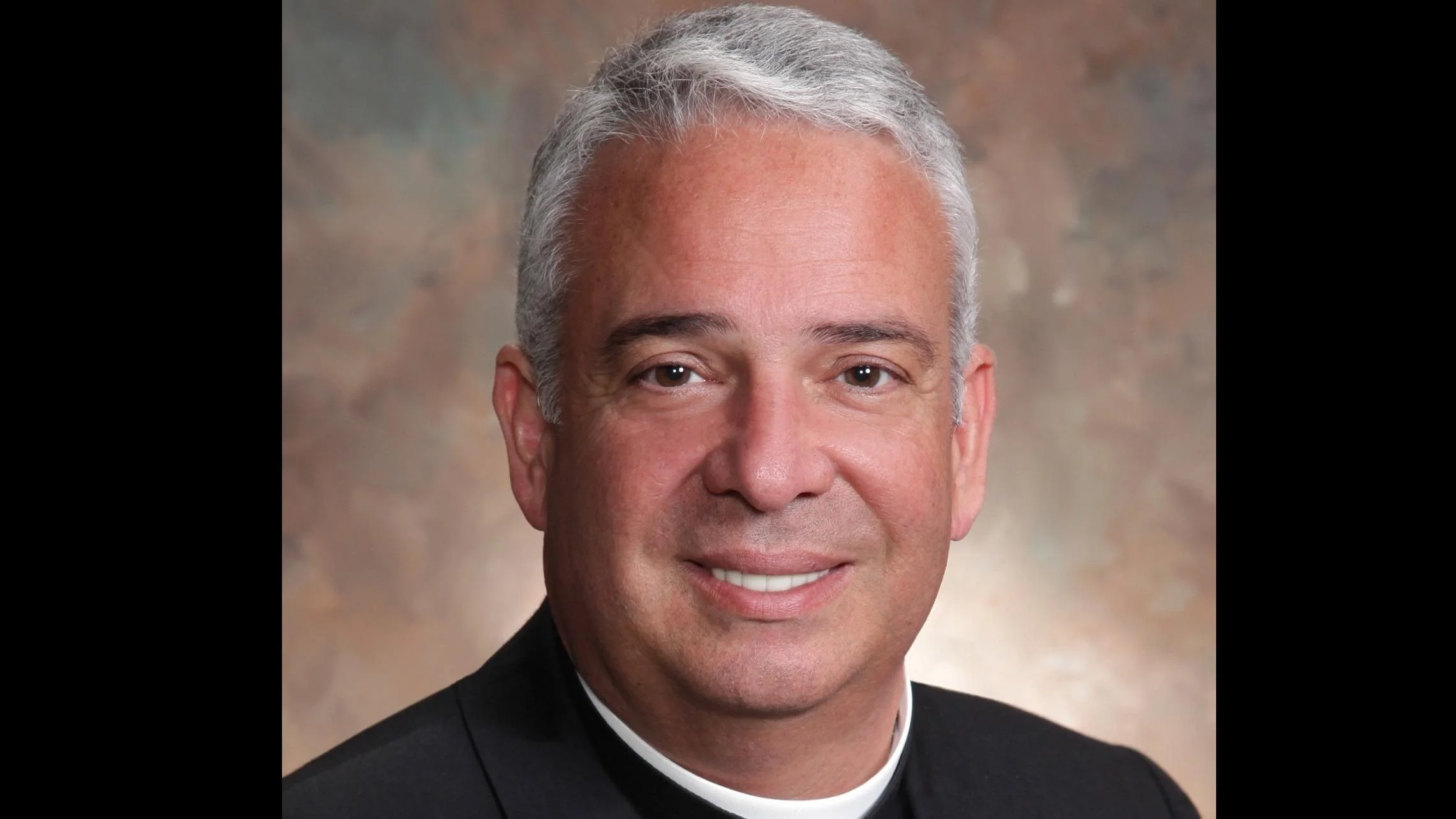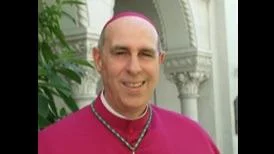
Rev. James D. Conley, D.D., S.T.L. | Diocese of Lincoln website
When it comes to the concept of original sin and how it impacts individuals, there are numerous questions and perspectives to consider. A central question is how original sin becomes imprinted on our souls.
The doctrine of original sin is unique in that it is believed without needing empirical evidence, as many see its effects manifest in the human condition. Observations about human nature inspire questions like those St. Paul pondered: "Why do I not do the good I want to do, but instead the evil I do not want to do?"
While the reality of original sin is apparent through its effects, the question of how it is inherited remains a mystery of faith, as acknowledged: "The transmission of original sin is a mystery we cannot fully understand" (CCC 404).
However, there are attempted explanations rooted in tradition and theology. Sin, as defined by St. Thomas Aquinas, involves actions not aligned with reason as guided by Divine law. It is described as a privation of good. Sinful acts, thereby, lack a moral good that should exist.
In terms of original sin, the "sin" is not attributed personally to each individual. As clarified, "Although it is proper to each individual, original sin does not have the character of a personal fault in any of Adam's descendants" (CCC 405). This responsibility is personal only to Adam and Eve.
The term "sin" in "original sin" reflects the absence of good that was intended to be present. Adam and Eve’s disobedience brought about a wounded human nature, subject to ignorance, suffering, death, and concupiscence, which is the inclination to sin.
Original sin is thus passed on as all humanity after Adam and Eve inherited a "human nature deprived of original holiness and justice." It is referred to as a "sin" analogously because it is a state "contracted" but not "committed" – not an act, but a condition (CCC 404). Despite this transmission mechanism being mysterious, its effects are clear.
The understanding is tempered by the belief that human nature is also redeemed, not by our efforts, but through the actions of Christ. As Adam and Eve’s sin affected humanity, Christ’s sacrifice grants humanity the possibility of salvation and a deeper connection to God than before.
This dynamic is summed up in the hymn of the Easter Vigil, which reflects on the dual nature of the Fall and redemption: "O truly necessary sin of Adam, destroyed completely by the Death of Christ! O happy fault that earned so great, so glorious a Redeemer!"






 Alerts Sign-up
Alerts Sign-up